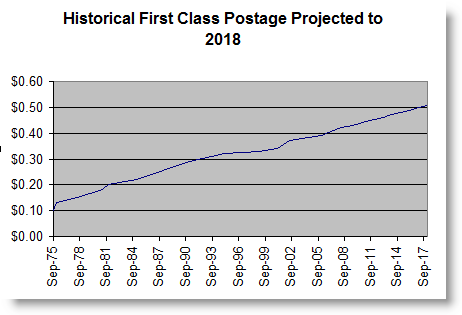One of the most valued freedoms in America is the freedom of speech. It’s part of the first amendment to the US Constitution in the Bill of Rights. We defend it rigorously in everything we do.
When we read, listen or watch the news, we individually can choose media that reflects our own political views. For instance, those that watch FOX news or listen to KSFO560 may be looking for a conservative view. For a more liberal viewpoint, we might chose ABC News or Bloomberg. Regardless of your political slant – America gives you the freedom to choose.
Recently Google’s search engine has been criticized for being overly algorithmic and perhaps too inhuman. Certainly we all prefer to interact with people than we do to interact with purely the machine. But if search results were not algorithmic, then they would be editorialized. And if they were editorialized, who should do the editing? Certainly some governments would like to be involved in that process! But generally, how do we avoid biases? How do we avoid censorship?
Of course, even if search results are algorithmic, humans created that algorithm, so it is not impervious to biases either. So far, none of the big search engines have been accused of massive political censorship within their search results. But maybe we just haven’t noticed yet?
By the way, I’m not talking about Google News, Yahoo News, or Bing News. When using these sites, I’m well aware that biases are introduced simply by the choice of which news content is included in the site’s news index. Web search is different. Web search is like going to the library – I expect that there is no implicit content filter and I further expect all results will be at my disposal. If there is editorial going on at this library, I need to know so that I can either use a different library or modify my expectations.
Let’s take an example. Search for “Martin Luther King†on Google, Yahoo, and Bing. On Google, the top result is from Wikipedia. Wikipedia is an independent, collaborative encyclopedia on the web. It is also the #4 result on Yahoo and the #2 result on Bing. I find this to be a fairly credible source. Yahoo’s top result is from NobelPrize.org, the official site of the Nobel Prize organization. This site ranks as the #2 result on Google and the #5 result on Bing and also seems like a reputable and credible source. Finally, on Bing, the top result is from MSN Encarta, an online encyclopedia owned and operated by Microsoft. This web page does not rank in the top 10 on either Yahoo or Google. Wait a minute – MSN Encarta is owned and operated by Microsoft?
Since neither Yahoo nor Google rank the Encarta page very high, it is unclear what editorial process Microsoft uses to decide that Encarta deserves the #1 search result spot on Bing. If Microsoft succeeds in its mission to become the top search provider, does this mean that Microsoft hand picks the content we see? Sometimes editorial is good, but sometimes it is not. And how can the user know which is which?
My example may seem trivial, because in reality, the Encarta page seems pretty fair. But, what if Bing had editorialized it’s #4 result (www.martinlutherking.org) (also #3 on Google) to be the top search result? This page looks like an official Martin Luther King history page, but it is actually written by white supremacists. Interestingly, while this page shows up on both Google and Bing, it does not appear in the top-100 results on Yahoo at all. Yahoo appears to have editorialized this result out of their index. While most of us disagree with the Stormfront.org, should our search engines be using their own political beliefs to sensor your search results?
Of course, the advertising displayed on each of the search engines is also editorialized – or at least it is displayed at the discretion of the search engine in question. This can confuse the issue, but at least the 3 search engines all label advertisements distinctly from search results.
To wrap up, we should all be aware that search engines today are biased in some way. As long as those biases are based on algorithms designed to return content most people want and avoid content most people don’t want (spam, malware, etc) without outright censorship, that is okay. But when biases start reflecting political opinions via exclusion or preference of self-created content, search engines have a real problem. Because I don’t believe humans are capable of editorializing a world-wide-web index without introducing accidental or intentional biases, I’ll stick to search engines which use cold, calculating algorithms.
NOTE: These opinions are my own and do not reflect opinions of my employer.
 Amazon lost one battle in New York this week
Amazon lost one battle in New York this week

 If you are like me, you aren’t pleased when the price of stamps goes up. Here in my desk drawer, I still have about ten 34cent stamps, twenty 37cent stamps, and fifty 41cent stamps! None of those will be usable starting next week. I’ve been gradually using those 34cent stamps since 2001!
If you are like me, you aren’t pleased when the price of stamps goes up. Here in my desk drawer, I still have about ten 34cent stamps, twenty 37cent stamps, and fifty 41cent stamps! None of those will be usable starting next week. I’ve been gradually using those 34cent stamps since 2001!